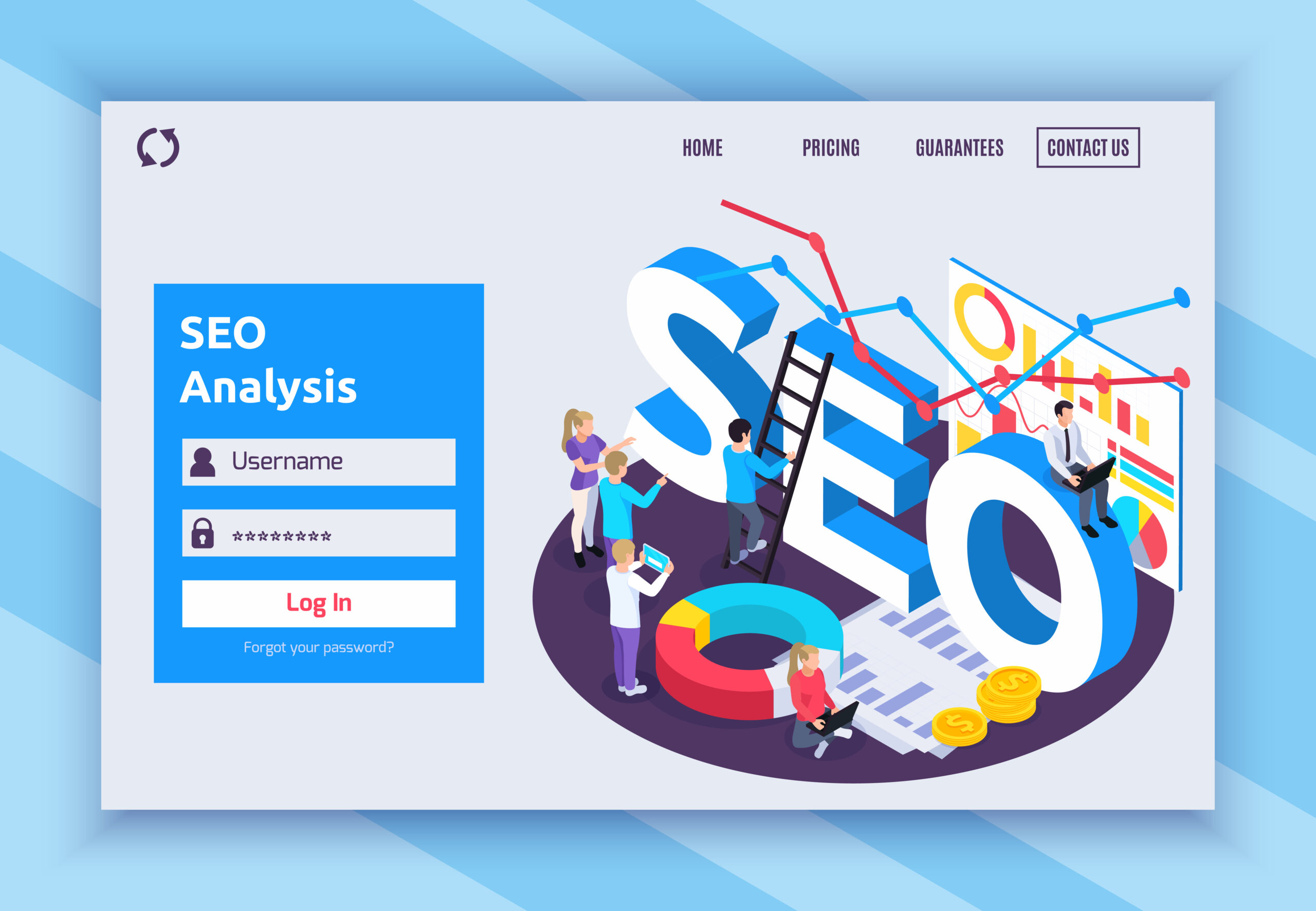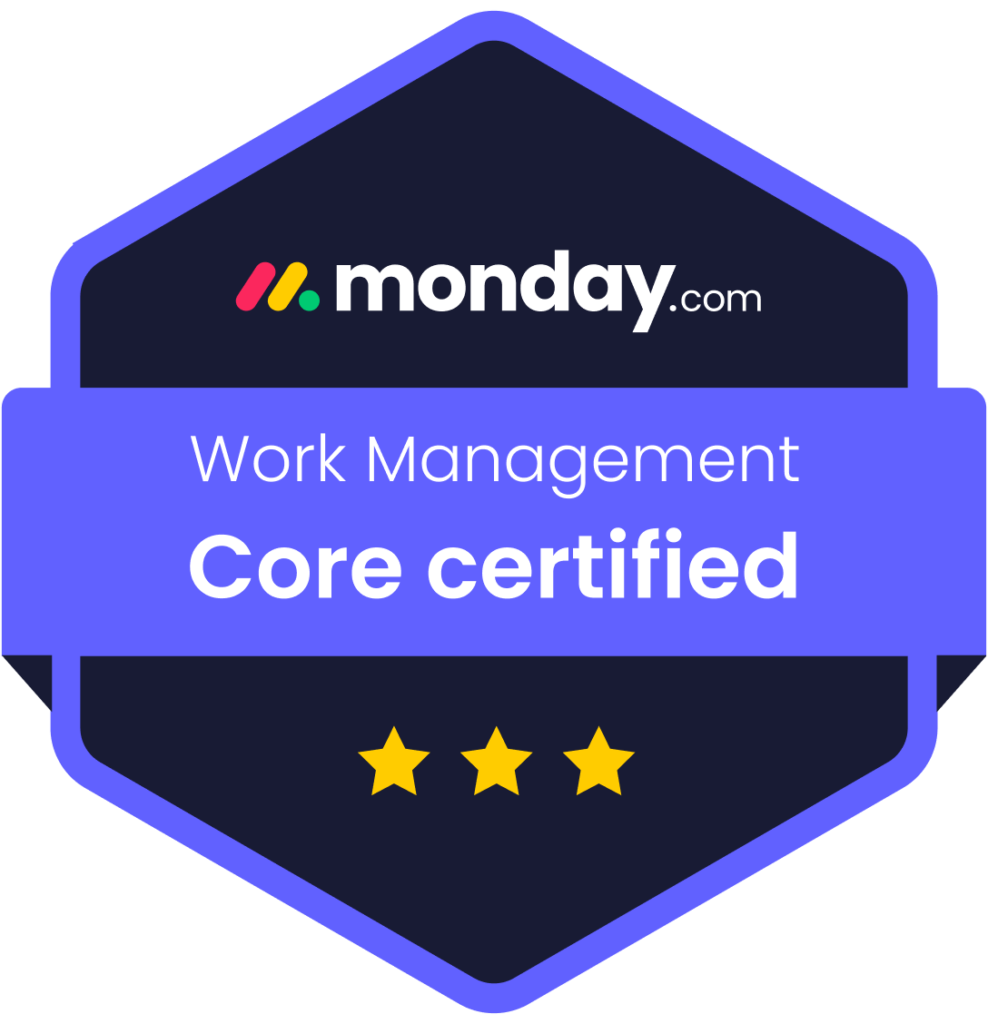The real estate market is highly competitive, and having a well-optimized website is crucial for attracting buyers and sellers. A real estate website that ranks high in search engine results, loads quickly, and offers a seamless user experience can significantly increase lead generation and conversions. In this guide, we’ll explore the best real estate website optimization strategies to help you attract more buyers and sellers.
Why Real Estate Website Optimization Matters
In today’s digital world, potential buyers and sellers start their journey online. According to the National Association of Realtors, 97% of home buyers use the internet to search for properties. If your website is not optimized, you risk losing valuable leads to competitors.
A well-optimized real estate website helps:
- Improve search engine rankings (SEO)
- Enhance user experience (UX)
- Generate more leads and conversions
- Build trust and credibility
- Drive organic traffic and reduce reliance on paid ads
Now, let’s dive into how you can optimize your real estate website for success.
1. Optimize for Local SEO
Local SEO is critical for real estate websites since buyers and sellers search for properties in specific locations. To improve your local SEO:
- Optimize Google Business Profile: Ensure your business is listed with accurate details, including your address, phone number, and website.
- Use Location-Based Keywords: Include city and neighborhood names in your page titles, meta descriptions, and content. Example: “Homes for Sale in Miami, FL” or “Top Realtors in Chicago.”
- Create Localized Content: Blog about market trends, neighborhood guides, and property listings in your target areas.
- Earn Local Backlinks: Get featured on local news sites, community blogs, and business directories.
- Encourage Online Reviews: Positive reviews on Google and Yelp improve credibility and rankings.
2. Improve Website Speed & Mobile Optimization
A slow website can drive away potential clients. Google considers page speed a ranking factor, meaning a faster website can lead to better SEO and higher traffic.
- Optimize Images: Compress large images and use next-gen formats like WebP.
- Use a Fast Hosting Provider: Invest in a reliable hosting service for better performance.
- Enable Browser Caching: Store frequently accessed data to improve load times.
- Reduce HTTP Requests: Minimize plugins, scripts, and third-party integrations.
- Ensure Mobile Responsiveness: More than 60% of real estate searches happen on mobile. Use responsive design and AMP (Accelerated Mobile Pages) for faster performance.
3. Create High-Quality, SEO-Optimized Content
Content marketing is a powerful way to attract and engage potential buyers and sellers. Focus on:
- Neighborhood Guides: Write detailed guides about local communities, schools, amenities, and attractions.
- Market Trends & Insights: Keep buyers and sellers informed with market updates, mortgage rates, and investment tips.
- How-To Guides: Offer resources like “How to Buy Your First Home” or “Steps to Selling a House Quickly.”
- Property Listings with SEO in Mind: Optimize listing pages with keyword-rich descriptions, high-quality images, and virtual tours.
4. Use Schema Markup for Real Estate
Schema markup helps search engines understand your content better, leading to rich snippets in search results. Implement:
- Real Estate Listing Schema: Add property details like price, address, and availability.
- Review Schema: Display star ratings and customer feedback in search results.
- FAQ Schema: Use structured data to provide quick answers to common questions.
5. Improve On-Page SEO
Optimizing on-page elements ensures search engines and users can find your website easily.
- Title Tags & Meta Descriptions: Use compelling, keyword-rich meta tags to improve CTR (Click-Through Rate).
- Header Tags (H1, H2, H3): Organize content with proper heading structures.
- Internal Linking: Link to related listings, blog posts, and service pages to improve navigation.
- Image Alt Text: Add descriptive alt text to property images for better search rankings.
6. Implement Lead Capture Strategies
Capturing visitor information is crucial for converting website traffic into clients.
- Create a Simple Contact Form: Reduce form fields to improve completion rates.
- Offer Valuable Resources: Provide downloadable guides, eBooks, or market reports in exchange for email sign-ups.
- Use Live Chat & Chatbots: Engage visitors in real-time and answer their queries.
- Exit-Intent Popups: Encourage users to leave their details before exiting.
7. Leverage Video Marketing & Virtual Tours
Buyers love visual content. Videos increase engagement and time spent on a website, improving SEO.
- Create Virtual Tours: Showcase properties with 360-degree videos or 3D walkthroughs.
- Neighborhood Video Guides: Highlight the best parts of a community through engaging videos.
- Client Testimonials: Share video testimonials from happy buyers and sellers.
8. Strengthen Your Social Media Presence
Social media plays a huge role in real estate marketing. To attract more buyers and sellers:
- Post Listings on Facebook & Instagram: Use carousel posts and Stories to showcase properties.
- Utilize LinkedIn for Networking: Connect with potential sellers, buyers, and industry professionals.
- Run Targeted Ads: Use Facebook and Google Ads to reach your ideal audience.
- Engage with Your Audience: Respond to comments, DMs, and questions to build trust.
9. Utilize Retargeting Strategies
Most visitors don’t convert on their first visit. Retargeting keeps your brand in front of potential clients.
- Use Facebook Pixel & Google Remarketing Ads: Show ads to users who previously visited your website.
- Send Follow-Up Emails: Nurture leads with email campaigns featuring market updates and new listings.
- Offer Personalized Recommendations: Suggest properties based on past browsing behavior.
10. Track Performance & Make Data-Driven Decisions
Monitor your website’s performance to identify areas for improvement.
- Google Analytics: Track traffic sources, user behavior, and conversion rates.
- Google Search Console: Analyze keyword rankings and site performance.
- Heatmaps & Session Recordings: Use tools like Hotjar to see how visitors interact with your site.
- A/B Testing: Test different CTAs, page layouts, and landing pages to optimize conversions.
Conclusion
Real estate website optimization is a must if you want to attract more buyers and sellers. By implementing local SEO, improving site speed, creating valuable content, and leveraging video marketing, you can generate more leads and boost conversions. A well-optimized real estate website will not only rank higher on Google but also create a seamless user experience that keeps visitors engaged and ready to take action.













